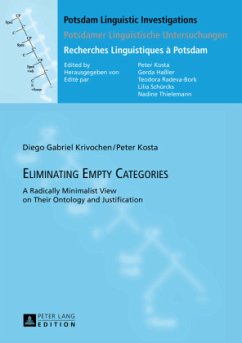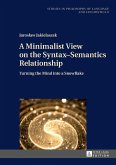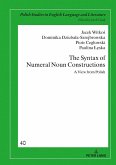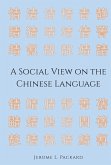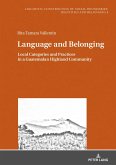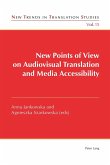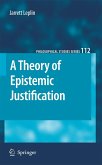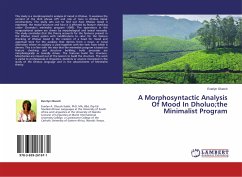This collaborative book has a twofold purpose. On the one hand, the authors present a new framework - Radical Minimalism. The development of such a framework, with a strong basis on mathematics and physics, was born out of the conviction that, if language is really a natural object, there is no a priori reason to study it in isolation from other natural systems. On the other hand, this work represents a significant simplification of the theory of displacement and so-called "empty categories" within the latest development of Chomsky's Strong Minimalist Hypothesis, applying Occam's razor and fulfilling Lakatos' requirements for scientific evolution. Radical Minimalism thus accounts not only for the phenomena orthodox minimalism has explanations for, but also for empirical problems that have not yet been taken into consideration.

